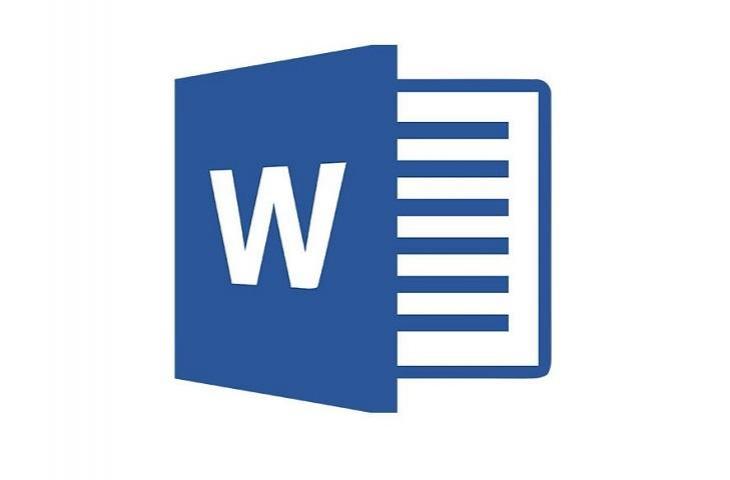Comparative Analysis Of Financing Schemes Through Ijarah Muntahiya Bittamlik With Murabahah In Indonesian Islamic Banking
Keywords:
Ijarah Muntahiya Bittamlik, Murabahah, Islamic Banking, Sharia Compliance, Financing Schemes, Risk management, IndonesiaAbstract
This study aims to compare the Ijarah Muntahiya Bittamlik (IMBT) and Murabahah financing schemes in Indonesian Islamic banking, focusing on their operational mechanisms, risk structures, customer preferences, and compliance with Sharia principles. Employing a qualitative approach, the research utilizes secondary data from Islamic financial institutions, regulatory frameworks, and relevant literature. The analysis highlights that Murabahah dominates the financing portfolio due to its simplicity and ease of implementation, making it attractive for both banks and customers. However, Ijarah Muntahiya Bittamlik offers greater flexibility by incorporating asset ownership transfer, aligning well with customers seeking lease-to-own solutions. Despite its dominance, Murabahah is more susceptible to credit risk, whereas IMBT provides a more secure structure through asset backing, reducing potential losses for banks. These findings underscore the need for Islamic banks to diversify their financing products, balancing profitability with customer needs and Sharia compliance. The study contributes to the existing literature by providing a comparative perspective and offers practical insights for stakeholders to optimize their financing strategies. Limitations include the reliance on secondary data, suggesting future studies could incorporate empirical data to validate findings further. This research holds value for Islamic banking practitioners and policymakers, addressing the evolving dynamics of Sharia-compliant financing in Indonesia.




